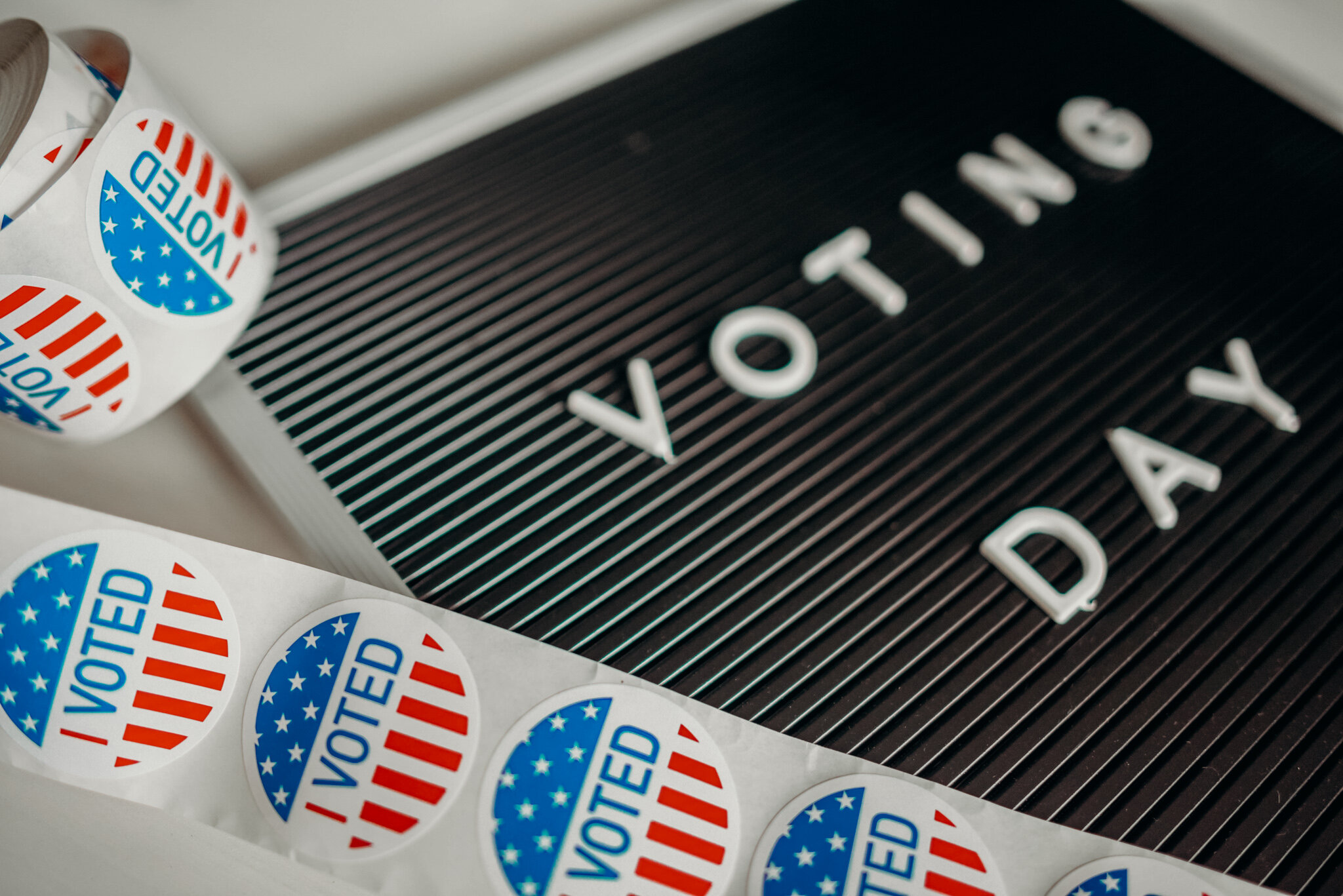18 means nothing
photo by element5 digital from pexels.com
In the United States, when a citizen turns 18 they become considered a legal adult, but what does this even mean anymore? An 18 year old can vote in a presidential election, but are forced to sign up for the draft. They can be tried as adults in the court of law, but can’t drink a beer or smoke a cigarette. As the laws around what “adults” are allowed to do continue to change, it’s becoming increasingly clear that the legal classification of adult means almost nothing anymore.
While I understand that alcohol and tobacco restrictions are placed on 18-year-olds for the purpose of protecting the nation’s youth from substance use and abuse, I believe that these restrictions strongly contradict the very definition of being an adult.
“Being an adult means one should be responsible for his/her actions while maintaining the ability to decipher between what should and shouldn’t be done,” Briggs Mosher, 12, said.
“Being an adult means one should be responsible for his/her actions while maintaining the ability to decipher between what should and shouldn’t be done.”
Under this definition, legal adults—who are forced to be in the draft and given heavier sentences in the court of law—should also be able to decide if it’s okay to drink alcohol or smoke tobacco. And, if the reason for not allowing this is to protect minors, then why have 18 as the legal age of adulthood at all?
“The inability to purchase previously legal substances has now changed the meaning of turning 18,” Briggs said. “The fact that I can’t smoke a cigarette but can kill a man in combat under one of our country's armed forces is a little ridiculous.”
Furthering this point, the rights given to adult students at St. Joseph High School are very limited. According to the school board policy, adult students are unable to sign themselves out of school or take full responsibility for their actions without receiving a parent’s permission.
“The biggest thing… when you turn 18 is that you gain the age of majority,” Mr. Berry, Assistant Principal, said. “If it’s necessary—which we don’t have a lot of kids that do the age of majority form—then we’ll make that recommendation to the student and they can fill it out.”
While the school’s policy technically states: “each student who has reached the age of majority shall assume full responsibility for his/her performance in school, attendance, and compliance with school administrative guidelines,” this line is followed up by saying that in order to assume these rights, a student and their parent must fill out a 5780 F1 form—this is the age of majority form. In short, this form serves as a complete emancipation of the student from their parents—taking away the parent’s right to view Powerschool and be involved in their child’s attendance and behavior.
The existence of this form is a good thing; however, students shouldn’t need to get a signed paper from their parents in order to gain their legal rights as adults. After all, we don’t need to get a signed paper from our parents to say that it’s okay for us to be drafted or tried as adults. The other problem with the age of majority form is that its existence—not to mention its contents—is known about by very few members of the SJHS community. As Mr. Berry stated, it’s only really brought up when “necessary” rather than being openly publicized as an option for all SJHS students who have reached the age of majority.
“The truth of not being able to sign myself—as an 18 year old—out of school and having to make sure my parents are okay with it is disappointing. It takes the meaning of ‘adult’ out of the word ‘adult,’” Briggs said.
As a solution, the school board policy should be changed to immediately give adult students their full rights under the law once they turn 18—as the word “shall” in their current policy indicates. Under this, it would become the student and their parent’s responsibility to decide how much school-related information they want to share—and it would no longer be the school’s responsibility to facilitate such conversations.
On the federal level, if society is still unwilling to afford 18-year-olds the rights of adults per the word’s definition, then the age of adulthood should be changed to one in which we’re willing to fully accept. After all, we live in a give and take world, so if you’re not going to give us the full rights of adults, then don’t take our freedom to be children.

